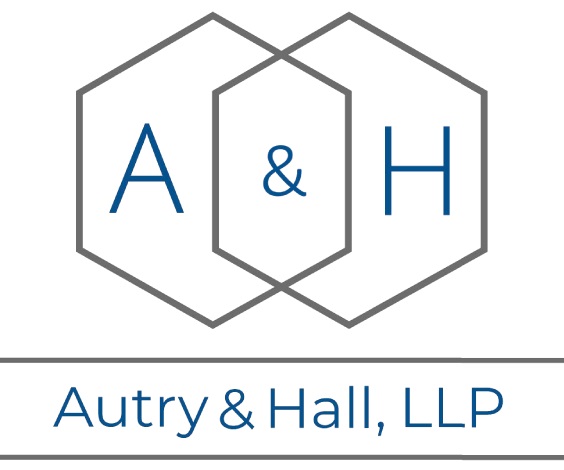In July 2021, a small Rhode Island café, White Electric Coffee, became the first of its kind in the state to transition to a worker cooperative.
Worker cooperatives have become increasingly popular in the United States. In a worker cooperative, the workers participate in the governance and management of the company, set the wages, determine the working conditions, and share in the profits and losses in proportion to their patronage. Such patronage is generally measured by each worker’s contribution of labor or personal services to the cooperative. Because worker cooperatives consider each worker’s input, they often encourage or can implement progressive practices.
With COVID-19 pandemic and social justice issues highlighting worker inequities or dissatisfaction in some work environments, the workers of White Electric Coffee wrote a grievance letter and approached the café’s then-owners with a list of requested changes, such as diverse hiring practices and converting the business to a worker cooperative. In response to the workers’ requests, the owners laid off the individuals who signed the grievance letter. Shortly thereafter, the owners called the former employees to inform them that the owners were selling the café. The employees incorporated as a worker cooperative and secured funding by mid-spring of this year to purchase the café.
